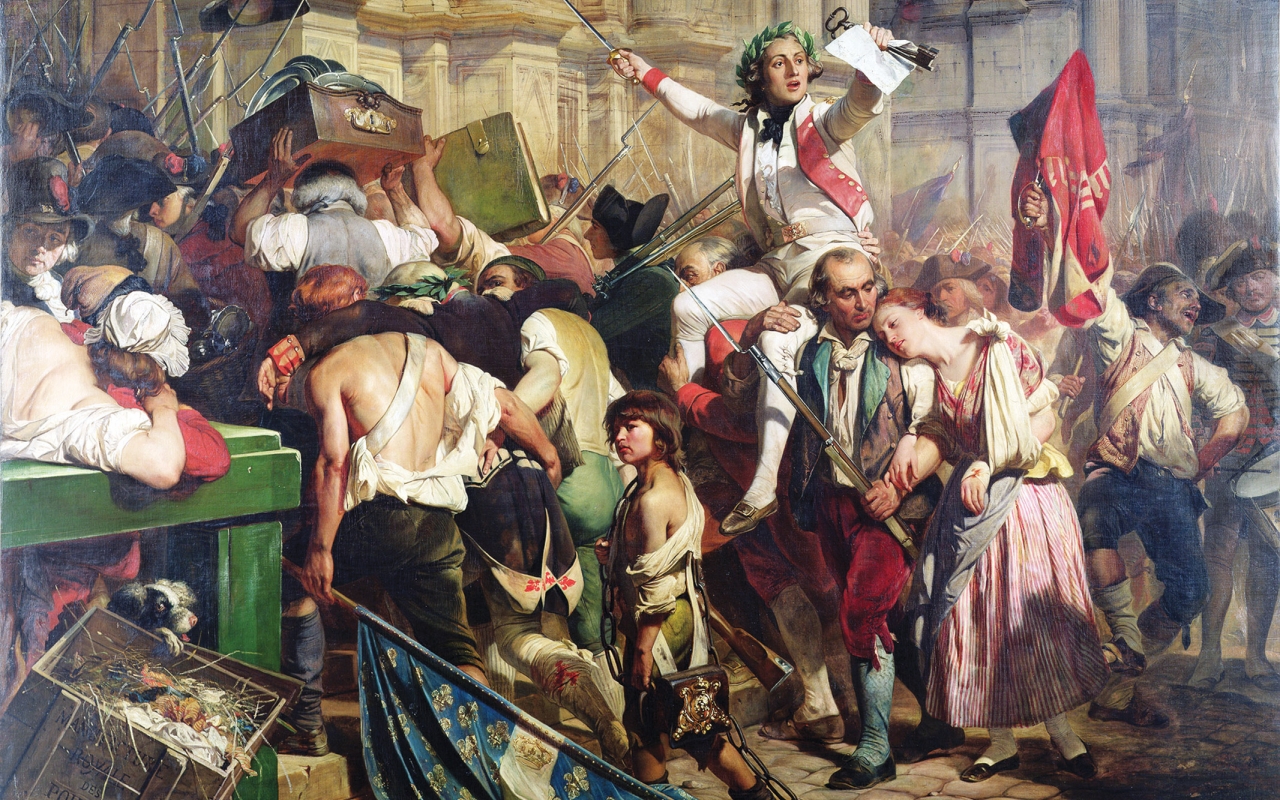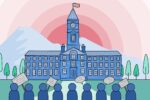You’ve heard it, I’ve heard it, everyone has heard it: kids these days are way too sensitive. The sentiment is abundant among older generations, but even the oldest members of the millennial age range have expressed disdain for the ways in which “kids” want to change the political landscape. Liberalism is the newest fad, and no one under 40 is ignoring the bandwagon, whether they’re jumping on it or remonstrating it.
But, the world isn’t that simple. All younger people aren’t into liberalism, and all older people aren’t against it. I mean, previous generations were the creators of liberalism, after all.
Liberalism Has a Long History
Going back as recently as Bernie Sanders and as distantly as the American Revolution, people have always wanted to change the government. So, in reality, liberalism isn’t a new idea at all. Just think back to momentous movements like civil rights, Stonewall, unionizing and women’s rights. These changes didn’t take place in 2018; they were long running, intense movements of liberalism, and the senior citizens of today are the ones who put them into motion.
Liberalism, at its core, simply refers to dealing with issues of individual freedoms and rights, usually through changing government policy. This generally includes fighting for the lower classes, minorities and marginalized groups in America. An example of a successful liberal campaign would be the 2015 decision to legalize gay marriage across the country.
But these sorts of rights have been in the spotlight throughout the history of the U.S. and every time, the people vying for change are being pegged as too new-fangled and rebellious. In the eyes of some, change is no good, and liberalism is all about change.
Rebellion Doesn’t Equal Youth
When you think of a rebel, you might imagine a punk teen with a really cool mohawk and an attitude. In reality, so many history book heroes would be considered rebels, and they certainly weren’t teens. George Washington could be considered a rebel. So could Martin Luther King, Jr. Rebellion is in the eye of the powerful; anyone going against any establishment could be considered a rebel.
So why do only young people still get pinned as rebellious, outraged liberals?
It’s absolutely true that the political landscape is changing. Intersectionality and a deeper sense of tolerance are coming to the forefront of American politics in ways different from the methods of the past. With social media, news can travel faster, petitions can be passed around with ease and activists can connect with supporters all over the world.
But that only means that liberalism has a new face, not a new core. The basis for liberals in this country is the same as it always has been, even as liberalism evolves to include more people and different issues.
The fact of the matter is that it is easier to treat modern liberalism as a teenage fad or a millennial game. Those who disagree with liberal ideals likely want to discredit liberalism by pretending like it’s a passing interest of the young people in America, instead of accepting that the notion of political change is something people have been fighting for all over the world for hundreds of years.
The Inter-Generational Connection
There is some truth to the idea that modern liberalism is for the younger generations. Older people are more likely to subscribe to conservative ideals, while younger people really do lean more toward the liberal side. But, that still leaves room for people to have different ideals.
Take for instance West Virginia senatorial candidate and activist Paula Jean Swearengin. Swearengin belongs to Gen X, the age group right before millennials, which means she isn’t the standard young liberal. Even so, Swearengin is a beacon of liberalism for the state of West Virginia as she fights for economic issues, healthcare and the environment.
The best thing is that candidates like this are accepting of all ages. Swearengin has been commended by the likes of Alexandria Ocasio-Cortez and was inspired by Bernie Sanders to begin her campaign. Here, three generations are coming together on the basis of their shared liberalism.
Liberalism and political change aren’t a bubble — supporters need to be willing to allow older generations a say. Sure, there are a lot of older people against the changing political landscape, but that’s not to say that liberal activists today can’t get some good advice from people who have lived through movements before.
It’s not as easy as saying that young liberals should entrust their futures to older liberals. There has to be a system of give and take, learning and teaching. But to place the heavy burden of liberalism — from the choices of the movement, to the insults from the far-right — on young people all alone.
For a system of acceptance, liberalism needs to be able to accept older generations. With a helping hand and a mixture of experience, liberals have a better chance of winning any fights they decide to enter, and bringing about change for the good.

















